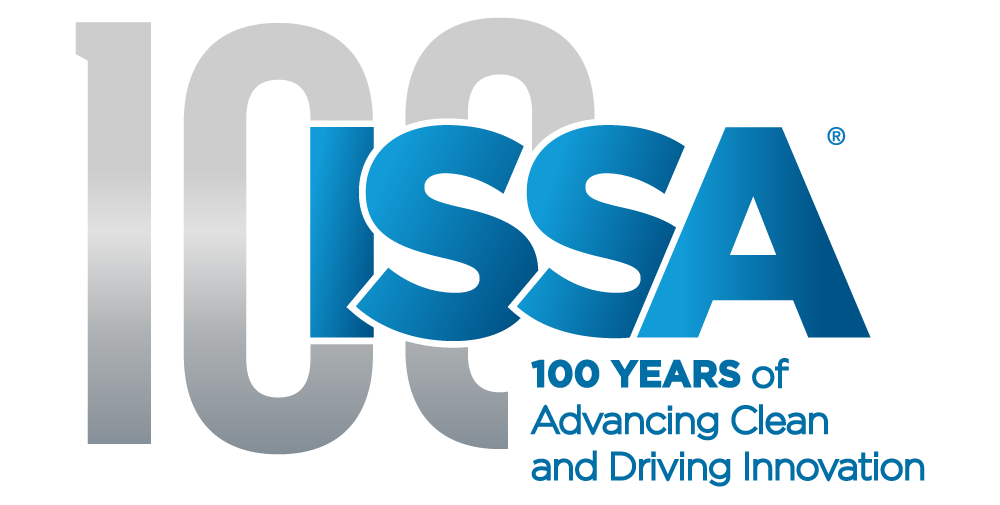Training vs. Education: The Debate at the Heart of Managing Change
The speed of change is one of the biggest challenges to the commercial cleaning industry. Ensuring that your workforce are able to take change in their stride means being aware of the key differences between training and education, while recognizing the specific benefits each can provide in driving your business forward.
Being able to adapt to change is a key characteristic of successful business in the digital era. Nevertheless, even the most agile of companies feels challenged by its unrelenting speed. Seamlessly incorporating factors such as; sustainability, robotic technology and different patterns of service delivery—including daytime cleaning—into your operations is essential if you wish to remain efficient and competitive.
How do you ensure that your company is in best position to identify the opportunities that change delivers? Crucially, how do you create a culture that consistently embraces this change?
For clarity, it’s necessary to define the differences between training and education. To be responsive and resilient requires the levels of knowledge and flexibility of a well-trained workforce. Training delivers the functionality—the how—in your operations: the understanding of equipment use, specific procedures, and achieving targets. It satisfies your immediate needs, getting the day-to-day job done as efficiently as possible, enabling new workers to become proficient, and eliminating any costly need for rework.
Education adds another dimension that is both theoretical and strategic, by helping individuals to understand the why behind what they do; making your company a more attractive proposition when negotiating contracts and delivering new opportunities. Education makes your workforce more invested in what they do, revealing a clear career path that confronts the perennial problem of staff retention.
If you invest in and nurture a well-trained and educated workforce, you create a resource for the future that’s highly adaptable to progress and change; while taking your place among the best in the industry. It represents a never-ending commitment which drives ongoing development and continuous improvement throughout your business.
Transformation can be better achieved within your organization through gaining ISSA Cleaning Industry Management Standard (CIMS) certification. Built on the six pillars of cleaning management best practice, it equips and empowers you for change management, and the judgement to know when to act. With disruption accelerating, if you fail to recognize, or respond slowly to, this rapidly changing landscape, you’ll miss out on new business opportunities. The great danger is that when you’re fully aware of this—it’s already too late.
First published in Cleaning Matters.


















